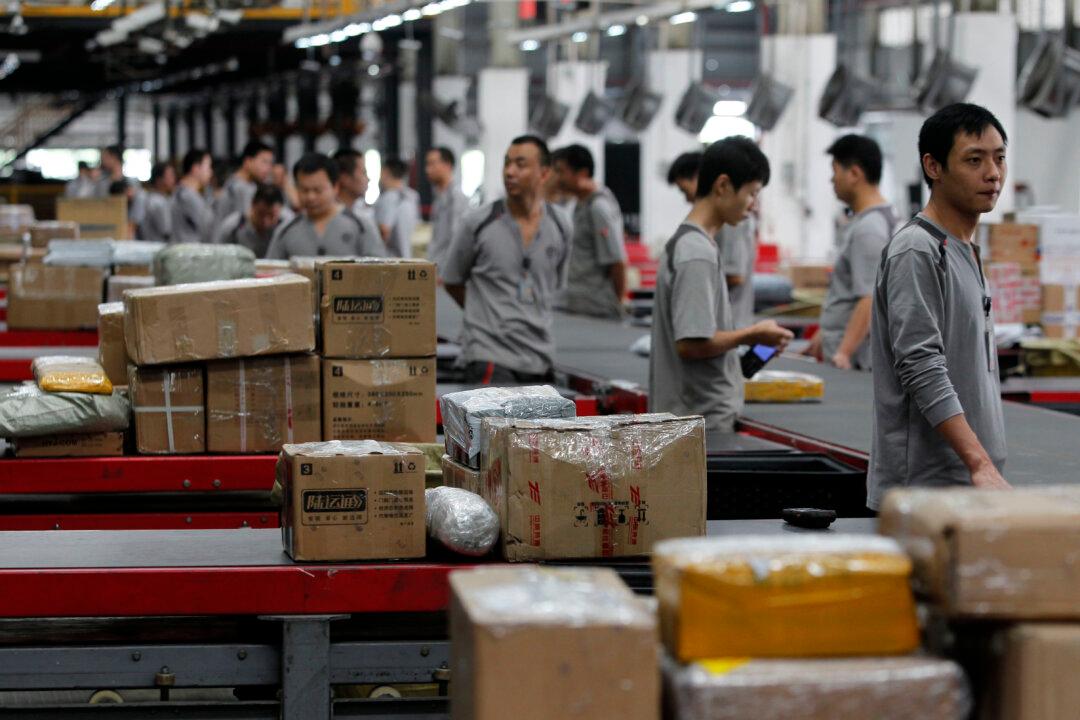If you believe the latest headlines, China’s trade data for December 2015 was simply excellent: Exports rose 2.3 percent compared to December of 2014, and imports only dropped 4 percent.
This is good because exports collapsed 3.7 percent in November and the market expected imports to decline 8 percent. Investors like Shane Oliver at AMP Capital Investors Ltd. think this is a sign that “the Chinese economy is stabilizing rather than collapsing.”
Unfortunately this may be wishful thinking, given the raft of problems with these figures. For starters, the biggest contributor to the 3.5 percent increase in exports from November was Hong Kong, constituting 40 percent.
Why is this a problem? While the mainland registered the increase in exports to Hong Kong, the special administrative region did not register the imports.
The cargo may have disappeared at sea, of course—but a more likely explanation is that the mainland simply artificially boosted the numbers for exports, whereas Hong Kong reported imports more or less accurately.
Goldman Sachs had this to say about the December numbers: “Readers are advised to take a grain of salt when interpreting the latest exports data as a sign of a change in growth momentum.” The analysts think local officials have an extra incentive to artificially boost exports approaching the end of the Chinese calendar year.
The local officials may have exported some goods earlier to meet the year-end growth target or even resorted to shipping the goods back and forth to special trade zones.
This is common practice in China: “A poor villager can boast he has thousands of yuan of turnover every day, but people later discover he only has one bull—he takes the bull out every morning and brings it back every evening,” Lin Yongtai, a manager at a company offering these services, told Bloomberg earlier. “The same applies to some parts of China’s foreign trade.”
But not only exports are problematic. Goldman thinks Chinese use imports to funnel money out of the country. “Imports data on the other hand are potentially subject to over-reporting by traders to facilitate FX outflows,” the analysts write. In that case, an importer from China would get an invoice of $200 for only $100 worth of goods, so that they can transfer the remainder to an overseas bank account and avoid capital controls.
While many Western observers were pleasantly surprised with the data, somebody in China didn’t buy it. It was the stock market, down another 2.4 percent Jan. 13 and closing just 22 points above the August 2015 low of 2,927.





